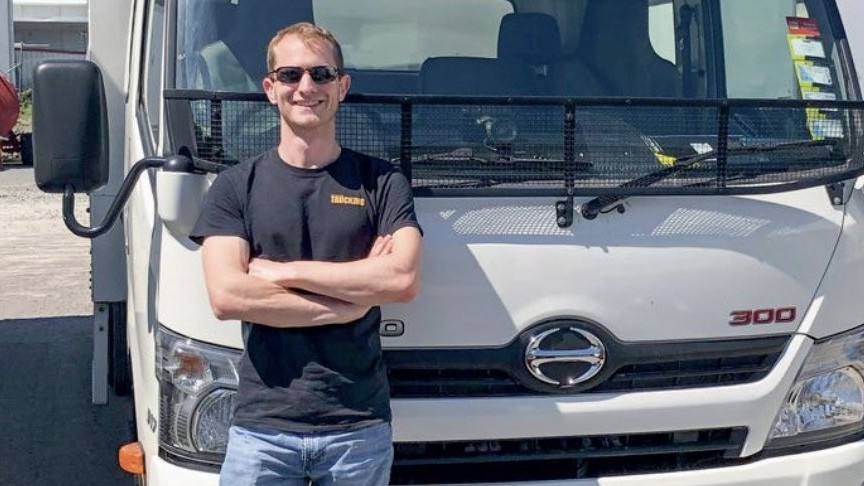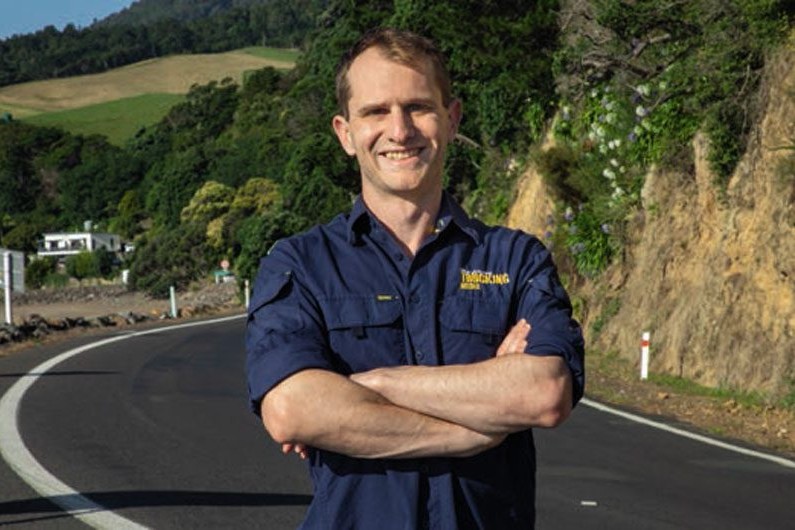
Who doesn’t love a good piece of modern tech? That’s a bit of a rhetorical question in twenty-twenty-on… two. Well, throughout history, in fact, it could have been considered as such. Innovations have come and gone, some nary a blip on the radar, others a fad, more still truly revolutionary, having proved their worth within and across multiple aspects of human life.
The idea of the Internet of Things (IoT) emerged at the turn of the century. In the ensuing two decades, it has moved from a concept spoken about exclusively by people with thick-lens glasses, to a non-negotiable requirement by your everyday Gen-Zers as they enter their interconnected adult lives. IoT is defined as ‘the interconnection via the internet of computing devices embedded in everyday objects, enabling them to send and receive data’. Think controlling your smart TV with your smartwatch, or your smart fridge automatically ordering groceries, or controlling your car from your smartphone – at a basic level at least.
Undoubtedly, as humanity continues the charge into the 5G-powered third decade of the 21st century, the concept of ‘technology’ will only go into hyperdrive. Increasingly, more of what we know and how we do things will become integrated. The lines are blurred, to quote Julie Sweet, CEO of multinational IT services and consulting company Accenture.
In 2020, she told Fortune: “Digital disruption has blurred industry lines. You have industry convergence. You have cross-industry platforms. And you have CEOs who are benchmarking the best, regardless of industry.”
For more than 50 years, the annual CES expo in Las Vegas has been among the best global platforms for keeping an eye on the future of technology. This year’s show, which took place between 5 and 7 January, was no exception. And automotive giants ranging from BMW and Hyundai to John Deere and Paccar were in attendance.
I can understand CES as a platform for car manufacturers. Take Tesla, the perfect example to validate Sweet’s observations. Think it’s an automotive manufacturer? Nope. It’s a technology company that happens to have built itself making passenger cars. And on the other side of that coin, traditional motor vehicle manufacturers who (for years now in fact) understand that to remain relevant in a blurred IoT world, they need to be holistic technology companies. As many of them progress with their plans for zero-emission, semi-autonomous mobility, guess who’s up there on the benchmarking board?
Paccar though… Yes, a big bad American conventional with a bug on its nose, made its debut at a consumer electronics show. Specifically, it was the T680E – a battery-electric truck that Kenworth dubbed as “the next evolution in Kenworth’s legacy of ‘The Driver’s Truck’”.
“The T680E builds upon Kenworth’s excellent heritage of providing fleets and truck operators with outstanding and productive trucks driven by quality, innovation and technology,” said Kevin Baney, Kenworth general manager and Paccar vice-president.
This is not to call out Kenworth, but I’m not sure how many truckers, used to 15 litres of turbodiesel propulsion beneath them, will agree with Kev. Nor am I sure how many would’ve attended a future-technology expo – and conversely, how many show visitors would’ve had a clue about trucking.
How blurred are those lines getting? The mind boggles.
Take care out there,
Gavin Myers
Editor



